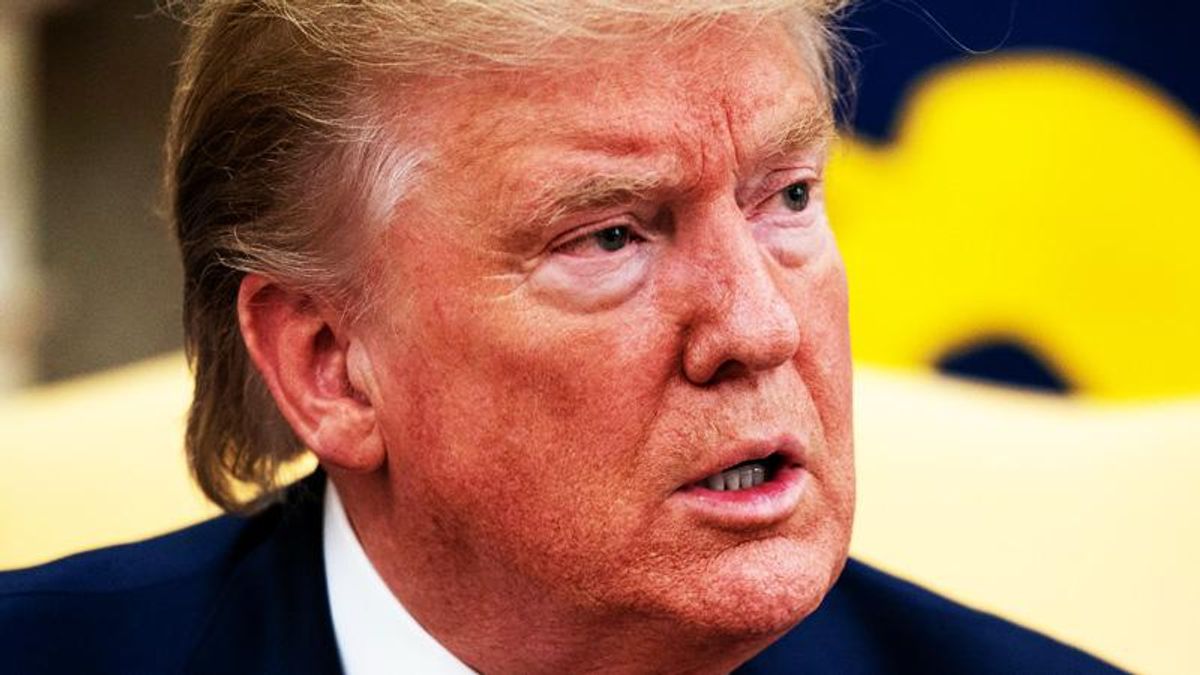Agence France-Presse
February 02, 2021

Donald Trump in the White House. (Vasilis Asvestas / Shutterstock.com)
]The brief expiration of US pandemic unemployment benefits has left jobless workers waiting for billions of dollars and states struggling to reactivate the aid programs, a study said on Tuesday.
The lapse was caused by former president Donald Trump's days-long refusal to sign a $900 billion spending package passed by Congress in December that extended the aid programs first enacted when the pandemic hit.
The study from The Century Foundation progressive think tank finds that some US states still have not reactivated the programs, more than four weeks after they should have been able to resume paying benefits after Trump signed by the bill.
The lapse was caused by former president Donald Trump's days-long refusal to sign a $900 billion spending package passed by Congress in December that extended the aid programs first enacted when the pandemic hit.
The study from The Century Foundation progressive think tank finds that some US states still have not reactivated the programs, more than four weeks after they should have been able to resume paying benefits after Trump signed by the bill.
"This is money that these workers and their families needed to pay rent, put food on the table, stay out of poverty and keep America's economy running while they looked for work," the report said
As the Covid-19 pandemic struck, Congress passed the CARES Act that expanded the unemployment safety net by creating programs to help freelance workers and the long-term jobless.
But those were only authorized through the end of 2020, and in December Congress scrambled to pass a follow-up stimulus measure to keep them going as the pandemic wore on.
But Trump's refusal to sign the deal led to a one-day lapse in the programs, which the 53 US states and territories that administer the unemployment systems are still struggling to recover from.
As of January 30, only 40 states were making payments under the program for gig workers, and 12 of these had a delay of more than two weeks in restarting payments.
Thirty eight were making payments under the program for the long-term unemployed, but 15 states took more than two weeks to get the program up and running, The Century Foundation said.
All told, unemployed workers have lost out on $17.6 billion in benefits, though they will eventually receive checks with back payments for the weeks during which they weren't paid.
Nonetheless, the study warns the delay increased the stress for millions of people who have lost their jobs as the pandemic upended business in the United States.
"Put simply, a retroactive check in February can't be used to put food on the table in January," the study said.
No comments:
Post a Comment